With great pleasure, we will explore the intriguing topic related to Friedrich the Great: A Visionary Monarch and Military Genius. Let’s weave interesting information and offer fresh perspectives to the readers.
Friedrich the Great: A Visionary Monarch and Military Genius

Introduction
In the annals of history, Friedrich II, known as Friedrich the Great, stands as an enigmatic and formidable figure. His reign as King of Prussia from 1740 to 1786 marked a transformative era, characterized by military brilliance, enlightened reforms, and a profound impact on European politics. This article delves into the extraordinary life and legacy of Friedrich the Great, exploring his key achievements, motivations, and the enduring significance of his contributions to history.
Early Life and Education
Friedrich was born in Berlin on January 24, 1712, to King Friedrich Wilhelm I of Prussia. His father’s rigid and austere upbringing instilled in Friedrich a strong work ethic and a deep sense of discipline. However, Friedrich’s intellectual pursuits often clashed with his father’s military-oriented expectations.
Despite his father’s disapproval, Friedrich pursued his passion for music, literature, and philosophy. He became a fluent speaker of French and developed a keen interest in Enlightenment ideals. His early education laid the foundation for his future role as an enlightened monarch.

Military Genius and Territorial Expansion
Friedrich’s military prowess became evident during the War of Austrian Succession (1740-1748). He led Prussia to a series of stunning victories, including the Battle of Mollwitz and the Battle of Leuthen. His innovative military tactics and strategic brilliance earned him the reputation as one of the greatest military commanders of his time.
Through his military conquests, Friedrich expanded Prussian territories and secured Prussia’s position as a major European power. He annexed Silesia from Austria and established Prussia as a dominant force in Central Europe.
Enlightened Reforms
Beyond his military achievements, Friedrich was also a progressive and enlightened ruler. He implemented a series of reforms that modernized Prussia and improved the lives of its citizens. He abolished torture, established a uniform legal code, and promoted religious tolerance.
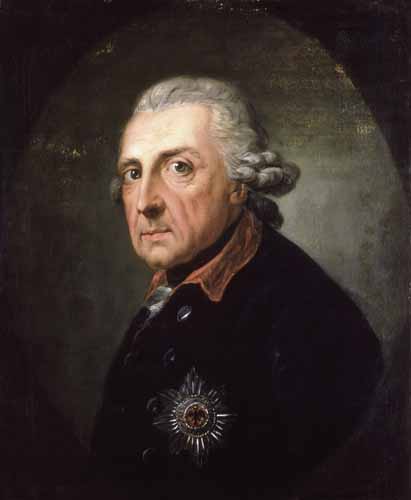
Friedrich’s emphasis on education and culture transformed Prussia into a center of Enlightenment thought. He founded the Prussian Academy of Sciences and invited renowned scholars and philosophers to his court. His patronage of the arts and sciences fostered a vibrant intellectual climate.
Personal Life and Legacy
Despite his public persona as a strong and decisive ruler, Friedrich’s personal life was marked by loneliness and emotional turmoil. He never married and had no children. His relationship with his father was strained, and he found solace in the company of his friends and advisors.
Friedrich’s legacy as a visionary monarch and military genius continues to inspire generations. His reforms and military victories laid the foundation for Prussia’s rise to prominence. His enlightened ideas and patronage of the arts left an enduring mark on European culture.
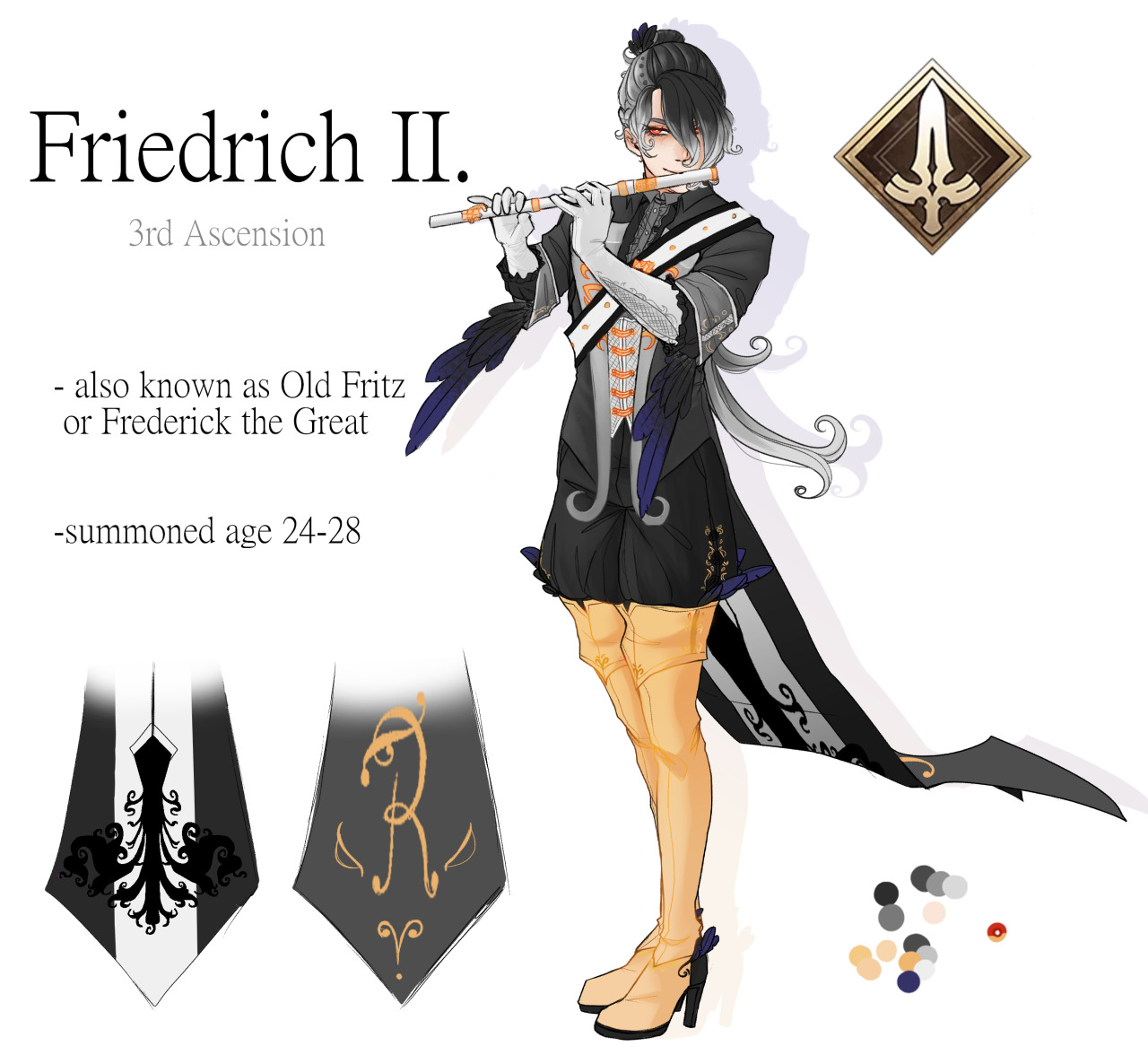
Advantages and Disadvantages of Friedrich’s Reign
Advantages:
- Military brilliance and territorial expansion
- Modernization and enlightened reforms
- Promotion of religious tolerance and education
- Patronage of the arts and sciences
- Establishment of Prussia as a major European power




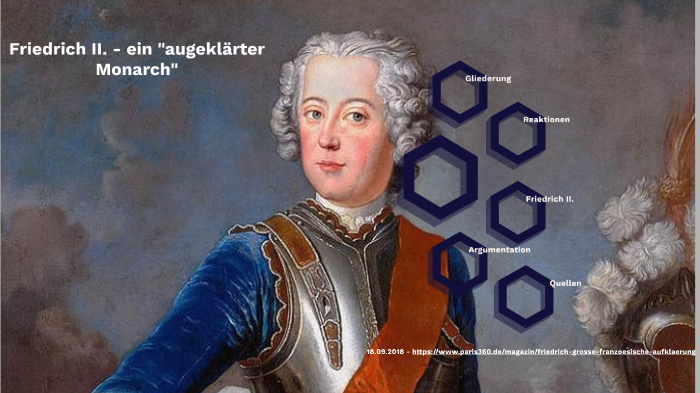
Disadvantages:
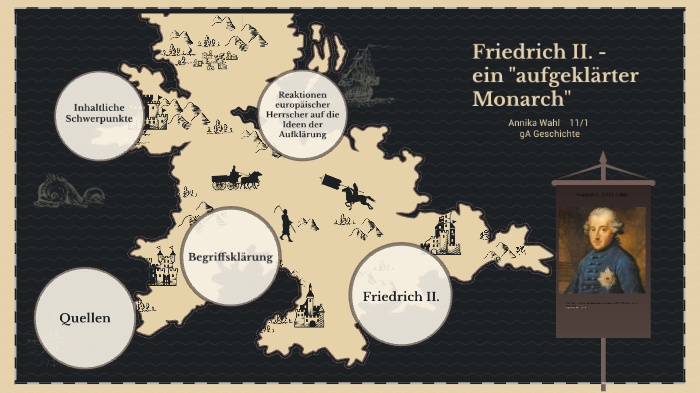
- Reliance on military power and territorial expansion
- Occasional authoritarian tendencies
- Limited social reforms
- Personal loneliness and emotional turmoil
- Strained relationship with his father
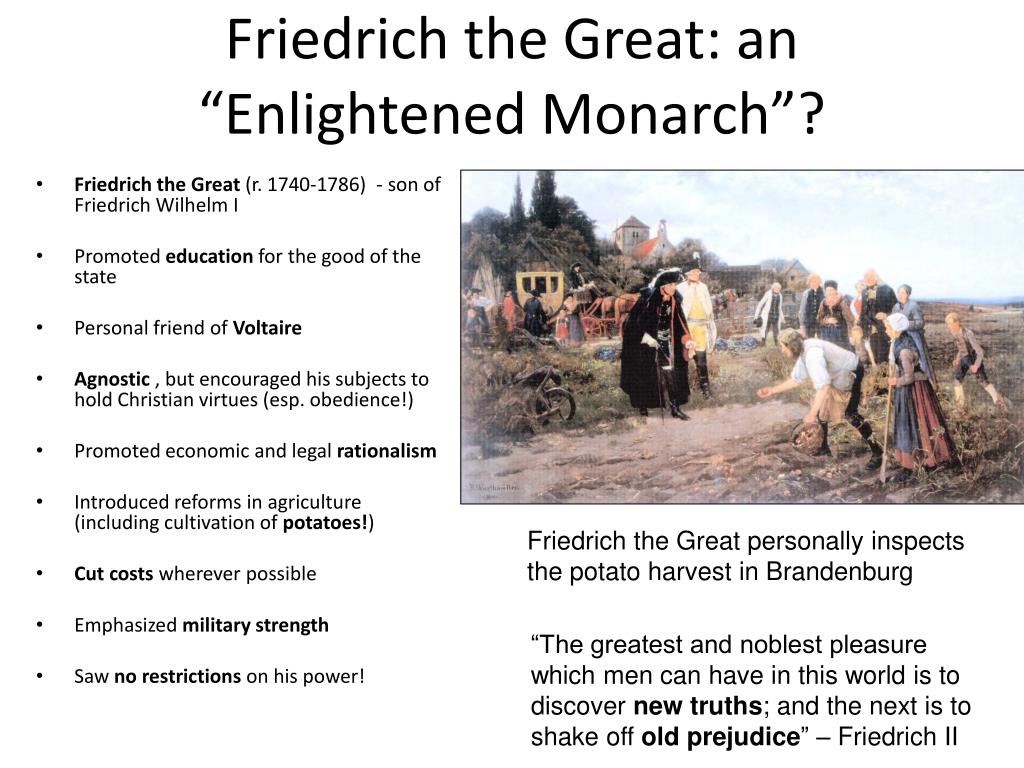



Summary of Friedrich the Great’s Contributions
- Led Prussia to military victories and territorial expansion
- Implemented enlightened reforms, modernizing Prussia
- Promoted religious tolerance and education
- Patronized the arts and sciences
- Transformed Prussia into a center of Enlightenment thought
Q&As
- What were Friedrich the Great’s key military victories?
- Battle of Mollwitz, Battle of Leuthen, Battle of Rossbach, Battle of Zorndorf
- How did Friedrich modernize Prussia?
- Abolished torture, established a uniform legal code, reformed education
- What were Friedrich’s contributions to the Enlightenment?
- Founded the Prussian Academy of Sciences, patronized scholars and philosophers
- What were the challenges Friedrich faced in his personal life?
- Loneliness, strained relationship with his father
- How did Friedrich’s reign impact European politics?
- Strengthened Prussia’s position, influenced the balance of power
Conclusion
Friedrich the Great’s life and legacy present a complex and fascinating study of a man who shaped the course of European history. His military genius, enlightened reforms, and patronage of the arts left an enduring impact on Prussia and beyond. As we reflect on his accomplishments and challenges, we gain valuable insights into the power of leadership, the importance of education, and the enduring legacy of a visionary monarch.
Closing Statement
The lessons we learn from Friedrich the Great’s reign continue to resonate today. His unwavering determination, strategic brilliance, and commitment to progress serve as a reminder of the transformative power of human endeavor. May his example inspire us to embrace challenges, pursue excellence, and strive to make a positive impact on the world around us.

Closure
Thus, we hope this article has provided valuable insights into Friedrich the Great: A Visionary Monarch and Military Genius. We appreciate your attention to our article. See you in our next article!
